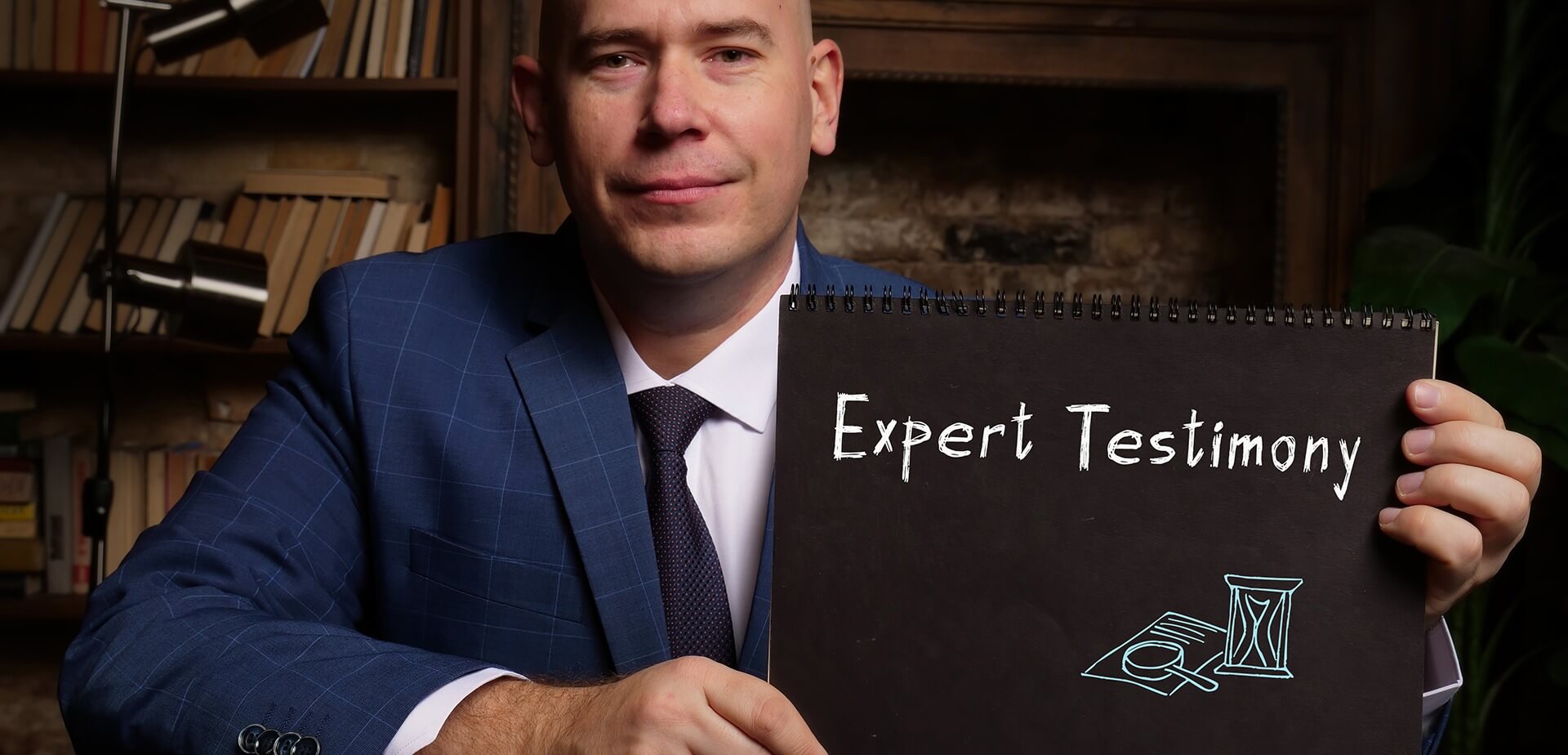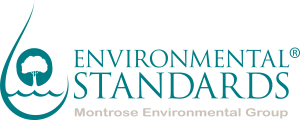

Becoming an Expert at Being an Expert Witness
Serving as an expert witness is very close to the direct opposite of what many subject-matter experts do in their day-to-day activities for clients. Offering sound advice based on experience and expertise goes hand-in-hand with being a trusted advisor. However, providing these same opinions as an expert witness can sometimes do more harm than good for their client.
Many good consultants find their way into depositions and even courtrooms where their experience is leveraged to further a legal argument. As such, the following tips should help you effectively serve as an expert witness:
Update your resume. Before you even get a chance to provide your expert opinion, you need to ensure that your credentials and qualifications will be uncontested. All experts should familiarize themselves with a Daubert motion. Named after the U.S. Supreme Court case, it is the standard on which expert testimony is based and can be used to exclude the testimony of an expert witness that is not relevant or reliable. Similarly, the voir dire process centers on whether the expert is qualified to testify as to the subject matter at hand. Opposing counsel may be able to disqualify the expert if the expert’s qualifications are weak, or if a conflict of interest exists. Therefore, an expert’s qualifications should be clearly established at the onset of the direct examination, and any conflicts of interest should be discovered well before trial.
Be Prepared. Obtain and review any and all necessary materials. In order to reach a fully formed opinion, all necessary file materials must be obtained and reviewed in a timely manner. Any materials that an expert will need should be provided by the attorney as soon as practically possible. In addition, any rules and regulations governing the dissemination of the materials should be disclosed, such as whether they are under a protective order by the court.
Less is More. Be careful with written communications. If the above rule is applicable, experts must be mindful of all written communications. In addition to laying out the basis of the expert’s opinion, Rule 26(a)(2)(B) of the Federal Rules of Civil Procedure also mandates disclosure of facts or data considered by the witness, any exhibits the expert intends to use, the witness’ qualifications, a list of other cases in which the witness testified, and a statement regarding the expert’s compensation for testifying. Therefore, any documents created by the expert may be discoverable.
Make Sure You Understand the Question. If you do not understand the question, say so. You may say, “What do you mean by that?” Never guess. You might be wrong. If you do not know the answer, say you do not know. Do not answer a question that has a built-in premise that is wrong or with which you do not agree. Otherwise stated, think before you answer and take your time. Do not tell the attorney asking the question what you think they want to know. Just answer the question they ask you.
Answer the Question that is Asked, then Stop. Do not volunteer any information. If there is a silence, do not fill it with talk. Keep your answers short. When you give lengthy answers, you are revealing more information – and giving the other side’s attorney ideas for more questions.

